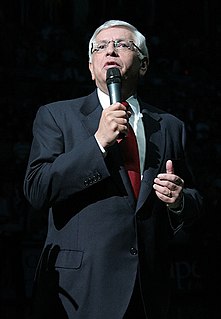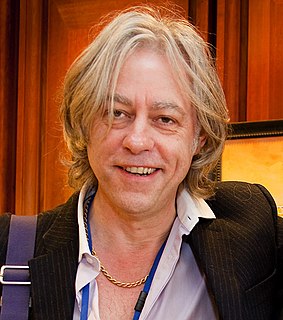A Quote by Anthony Kennedy
Political speech is indispensable to decision-making in a democracy, and this is no less true because the speech comes from a corporation rather than an individual.
Related Quotes
When the Founders thought of democracy, they saw democracy in the political sphere - a sphere strictly limited by the Constitution's well-defined and enumerated powers given the federal government. Substituting democratic decision making for what should be private decision making is nothing less than tyranny dressed up.
A well-functioning democracy has a culture of free speech, not simply legal protection of free speech. It encourages independence of mind. It imparts a willingness to challenge prevailing opinion through both words and deeds. Equally important, it encourages a certain set of attitudes in listeners, one that gives a respectful hearing to those who do not embrace the conventional wisdom. In a culture of free speech, the attitude of listeners is no less important than that of speakers.
Life is more than thought: what a man feels, and what his senses awaken in him, are more indispensable to his life's fullness than subsequent reflection on their significance. Both Stirner and Nietzsche have elaborated Faust's opening speech in which he bemoans his wasted years in academia: this speech is Goethe's own impeachment of Kant and Hegel . Philosophy proceeds always under the risk of making a fetish of thinking.
Because of the free speech clause in the First Amendment, which is very clear, "The government shall make no law abridging freedom of speech," and it literally is about political speech. You can say anything you want about politics, a candidate, and the government cannot stop you. And the Democrats hate that.
Active liberty is particularly at risk when law restricts speech directly related to the shaping of public opinion, for example, speech that takes place in areas related to politics and policy-making by elected officials. That special risk justifies especially strong pro-speech judicial presumptions. It also justifies careful review whenever the speech in question seeks to shape public opinion, particularly if that opinion in turn will affect the political process and the kind of society in which we live.


































